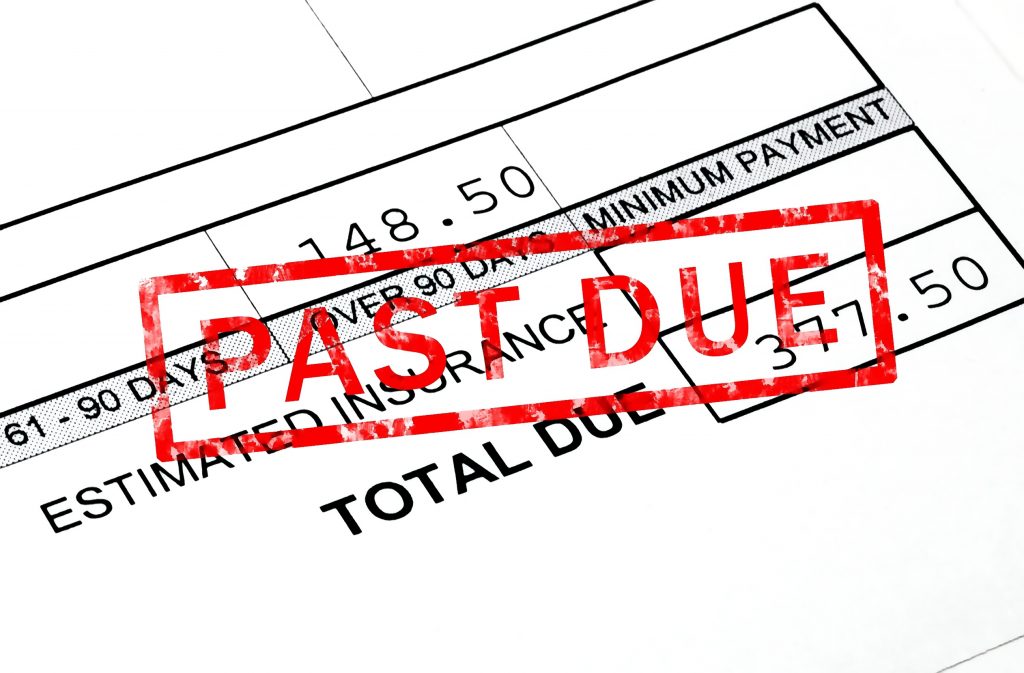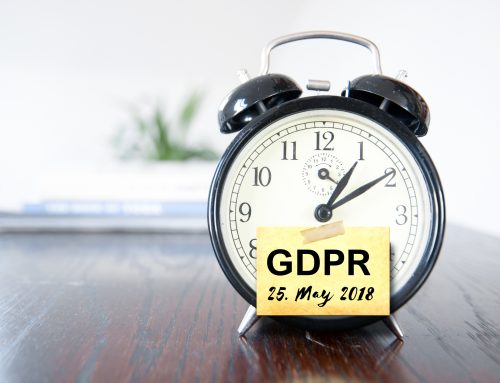The new Pre-Action Protocol for Debt Claims (PAPDC) comes into force from 1 October 2017. If you are a business needing to enforce a debt, you will need to become familiar with the changes.

Summary of key changes
Information to be included as part of any Letter of Claim sent to the debtor will include:
- the amount of debt claimed;
- whether any interest or other charges are continuing;
- details of the agreement (whether written or oral) being relied upon, and an explanation that, if a written agreement is relied on, the debtor can request a copy of it from the creditor);
- if the debt has been assigned, details of the original debt and creditor, when it was assigned and to whom;
- an explanation as to why any offer from the debtor to pay off the debt by instalments is not accepted and a Court claim is being considered;
- details of how the debt can be paid; and
- the address to which the completed reply form should be sent.
Enclosed with the letter must be:
- a statement of account setting out the amount of interest and any administrative and other charges (unless that information is contained in the Letter of Claim);
- a standardised Information Sheet and Reply Form and Financial Statement to be completed by the Debtor
The PAPDC entitles the debtor to request additional information from the creditor to which the creditor must provide the requested information or documents, failing which they must provide an explanation why this information cannot be supplied.
The creditor may not commence court proceedings within 30 days of the Letter of Claim. However, this period can be extended if the debtor:
- indicates in the Reply Form that they are seeking debt advice (in which case a further 30 days from the date of receipt of the completed Reply Form, or such longer period if reasonable in the circumstances, must be allowed)
- requests documents from the creditor, in which case the 30 day period will being to run from the date on which those documents are provided
- The debtor responds to the Letter of Claim but no agreement is reached, in which case a further 14 days notice of the creditor’s intention to start legal proceedings must be given.
The court expects the parties to actively engage in seeking to settle the matter. If a debtor seeks time to pay in the Reply Form, the creditor and debtor should try to reach agreement for the debt to be paid in instalments, based upon the debtor’s financial circumstances. If the creditor does not agree to a proposal for repayment, they should give written reasons.
The parties are also encouraged to attempt to resolve the matter through alternative dispute resolution (ADR) before issuing proceedings.
Consequences of failing to comply with the PAPDC
The court will expect the parties to have complied with the PAPDC as part of any litigation dispute and will consider any failure to comply with the PAPDC when exercising its discretion in any award on costs. A failure to comply could also result in the case being stayed while the protocol steps are followed and/or the creditor being disallowed interest for certain periods or only being awarded interest at a reduced rate.
Conclusion
The PAPDC affords debtors additional time before creditors can commence court proceedings and places an additional burden on creditors to supply relevant information regarding the debt claimed and to follow the protocol steps before litigating.
A large proportion of overall court claims comprise debt claims, and it is hoped that a specific protocol for debt claims will lead to more efficient resolution of disputes, whereby parties are given sufficient information within which to respond and ideally settle their claims without the need to proceed to a final court hearing. Whether that happens in practice remains to be seen.
If your business requires assistance with the recovery of a debt, or you would like us to review your businesses debt collection processes, please contact Robin Lawrence.


